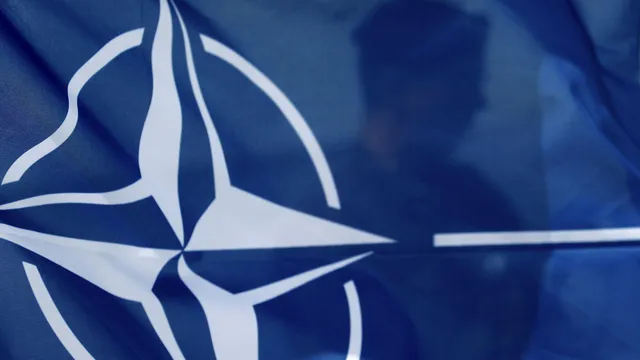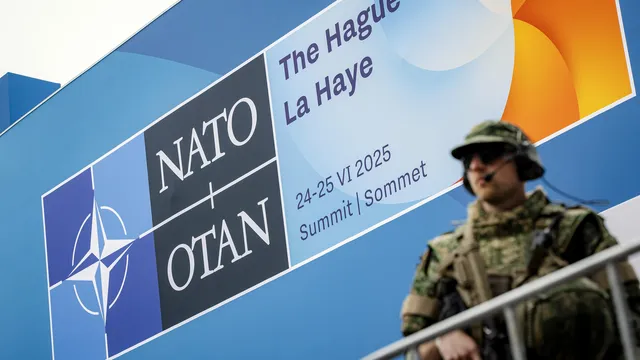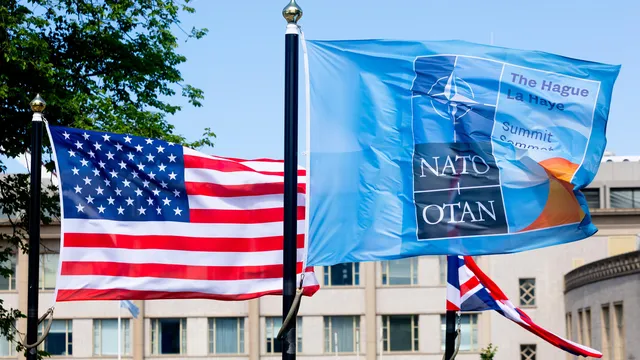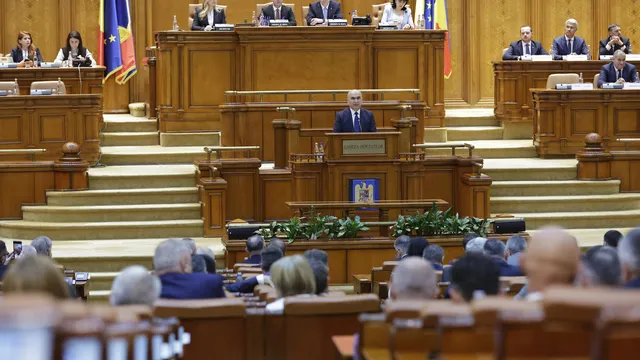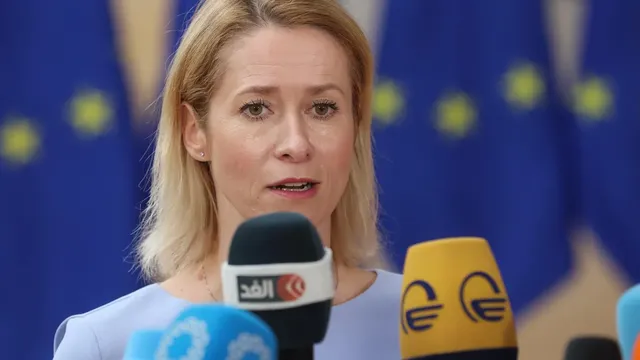The report on the progress of the Republic of North Macedonia, prepared by rapporteur Thomas Waitz, was voted on today, June 24, by the European Parliament's Committee on Foreign Affairs (AFET), according to BGNES special correspondents in Brussels, Dimitar Ruskov and Dimitar Dimitrov.
The proposal to add the word “modern” before “Macedonian identity and language” did not receive a majority vote. All amendments proposed by Bulgarian MEPs were rejected.
The AFET meeting began at 9:00 a.m. local time (10:00 a.m. Bulgarian time) and the report was the first item on the agenda.
On May 27, the BGNES news agency was the first to report that the European Parliament was about to adopt a report on North Macedonia's progress towards EU membership, which contained several references to “Macedonian identity and language.”
The work on the document was accompanied by well-founded suspicions of external interference, including influence by the authorities in Skopje on the content of the report and on the positions and actions of Austrian MEP Thomas Waitz. According to diplomatic and parliamentary sources, Waitz held dozens of meetings with representatives of Skopje, including MPs and ministers.
A serious cause for concern was the fact that many of these meetings were only recorded by Wаitz after their existence had been made public, raising questions about the transparency and integrity of the process.
There are legitimate concerns about coordinated efforts by North Macedonia to formulate political conclusions that serve its unilateral position, especially on sensitive issues such as language and identity.
More worryingly, the European Parliament has no jurisdiction to recognize or determine identity and language. Whatever form the report takes, it does not mean that the way is now open for Skopje to enter into negotiations.
Wаitz's behavior and actions contradict both the moral and ethical principles of the European institutions.
In this context, the Committee on Foreign Affairs (AFET) postponed the vote on the report until June 24. The decision was also supported by Bulgarian MEPs, who described it as reasonable.
They stated that they would use the time remaining before the vote to insist on balanced wording and the protection of Bulgaria's position, including on the issue of the rights of Macedonian Bulgarians.
In a brief statement at the time, Wаitz assured his colleagues that the document had not been subject to external pressure, stating:
"Everyone knows that this report has been the subject of heated political debate. I fully stand behind its content. All political groups participated in the negotiations. The compromise amendments are supported by all of them. This is a report by the European Parliament on North Macedonia's readiness for accession. The issue of minorities, along with the rule of law, is a pan-European issue."
North Macedonian Prime Minister Hristijan Mickoski, who describes “Macedonian language and identity” as “centuries-old,” has repeatedly claimed that the word “centuries-old” appears in the text of the report. This is not true.
Thomas Waitz's Green Party is a coalition partner of the European Free Alliance (EFA), which includes organizations such as the anti-constitutional OMO Ilinden-Pirin (banned in Bulgaria) and the Macedonian Alliance for European Integration in Albania. The latter deny the existence of a Bulgarian minority, despite official data indicating that there are over 7,000 people with Bulgarian self-identity.
The Constitutional Court of Bulgaria declared OMO Ilinden-Pirin unconstitutional because:
“Its goals are directed against the unity of the Bulgarian nation, the sovereignty and territorial integrity of the country.”
In its reasoning, the court states that the ultimate goal of the organization is:
“The formation of an independent Macedonian state by separating Pirin Macedonia from Bulgaria.” | BGNES

 Breaking news
Breaking news
 Europe
Europe
 Bulgaria
Bulgaria


